
So, you’re thinking about getting an air fryer. Maybe you’ve heard about how crispy they make fries or how they can cook chicken in half the time. But you’re wondering, are air fryers energy efficient? Let’s dig in and answer that very question. It’s a good one, especially these days with electricity costs being what they are.
You’re probably wondering how air fryers stack up against that trusty oven of yours in the energy consumption department. This is where things get interesting.
Jump to:
What Is An Air Fryer?

An air fryer is a compact kitchen appliance designed to cook food by circulating hot air around it. It uses a convection cooking method to produce crispy, fried-like results with minimal oil. Here's a closer look at how it works and what makes it special:
How It Works
- Heating Element: An air fryer features a heating element that quickly heats up air inside the cooking chamber.
- Fan: A powerful fan circulates the hot air around the food at high speed. This rapid air movement cooks the food evenly and creates a crispy outer layer.
- Basket: Most air fryers have a basket or tray where food is placed. This basket often has a non-stick coating and allows for excess fat to drip away from the food during cooking.
Benefits
- Reduced Oil Use: Unlike traditional frying, which requires large amounts of oil, air fryers use just a small amount or none at all. This results in healthier meals with less fat and fewer calories.
- Faster Cooking: Air fryers generally cook food faster than traditional ovens due to their efficient heat distribution and rapid air circulation.
- Air Frying Benefits: Air frying offers faster cooking times and improved energy efficiency compared to traditional ovens, thanks to convection cooking that circulates hot air.
- Versatility: Air fryers can cook a wide variety of foods, including vegetables, meats, and even baked goods. They are suitable for frying, roasting, grilling, and baking.
- Easy Cleanup: Many air fryer baskets are dishwasher safe, and the appliance itself is typically easy to clean.
Common Uses
- French Fries: Air fryers are popular for making crispy, golden french fries with little to no oil.
- Chicken Wings: They cook chicken wings to a crispy texture while reducing the amount of fat compared to deep frying.
- Vegetables: Air fryers are excellent for roasting vegetables, giving them a crispy exterior while maintaining a tender interior.
- Snacks: They can also be used to make snacks like chips or even certain baked goods.
Also read: Air Fryer vs Deep Fryer: Which Is Better for You?
How Air Fryers Use Energy
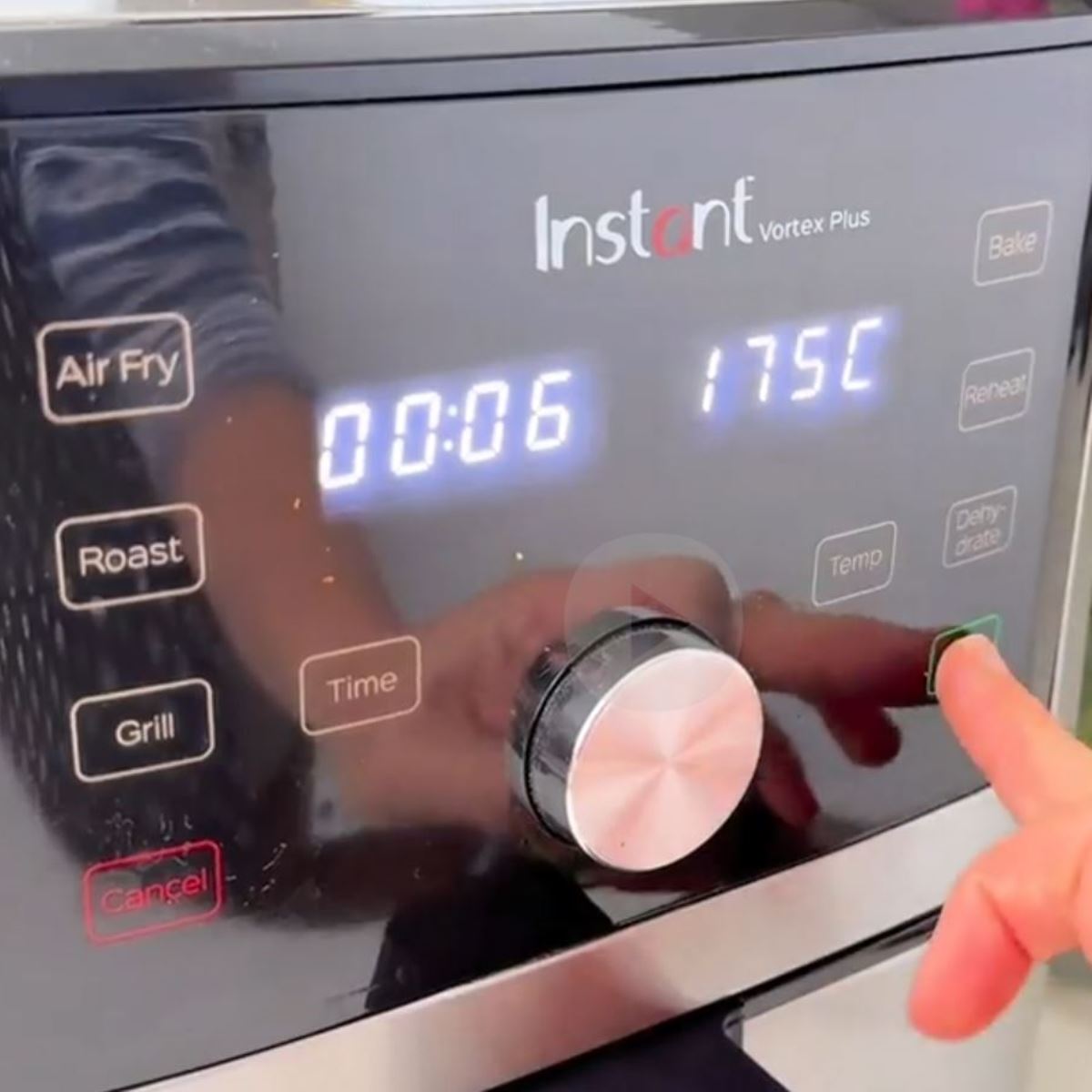
Compared to gas ovens, air fryers are more energy efficient and produce fewer harmful air pollutants, making them a better choice for both the environment and your health.
But are air fryers really energy efficient? You want to know if that constant blast of circulating hot air will make your energy bills skyrocket. Here’s the deal: although they use a continuous stream of energy during operation, they cook food so fast that it often balances out in the long run.
Wattage Matters
The energy consumption of most air fryers depends on its wattage, which typically ranges from 800 to 2000 watts. You can find this information on the appliance tag, manual, or product listing online. It’s like figuring out the horsepower of a car. More power equals faster cooking and potentially, more electricity usage.
A Cosori Pro LE Air Fryer might have a lower wattage, while the beefier Philips Airfryer XXL HD9650/99 will probably draw more power. The wattage can also give you an idea of the air fryer’s capacity – a low-wattage model might be a mini air fryer better suited for one or two people.
Related: How Many Watts Does an Air Fryer Use? Energy Facts Revealed
Calculating Costs
To figure out how much it actually costs to run your air fryer, do a little math. Multiply the power rating in kilowatts (divide the wattage by 1000) by the hours used per day. Then, multiply that by the cost of electricity per kilowatt-hour in your area.
For example, if you have a 1500W air fryer and you run it for 30 minutes (0.5 hours) per day, the calculation would be 1.5kW x 0.5 hours = 0.75 kWh. If your electricity rate is $0.15 per kWh, then running your air fryer for 30 minutes would cost you approximately $0.11 ($0.75 x $0.15).
Also read: What Is the Rack For in an Air Fryer? Unlock Cooking Potential
The Air Fryer vs. The Oven Showdown
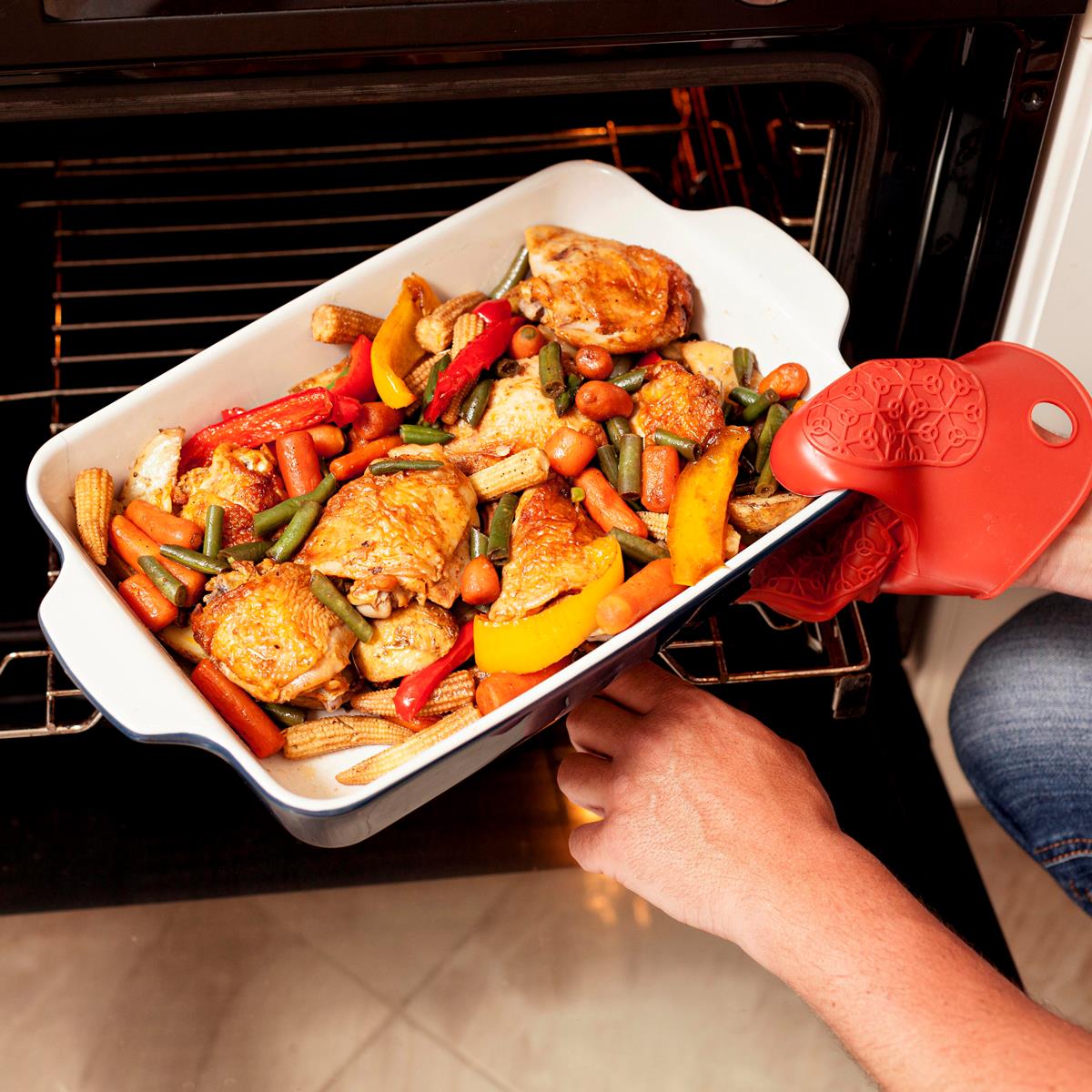
Here’s where the rubber meets the road. Are air fryers more energy-efficient compared to traditional ovens? Well, that’s a question with nuances and depends on your cooking habits.
Consider these factors: an electric oven usually has a much higher wattage than an energy efficient air fryer, meaning it uses more electricity; gas ovens don’t use electricity (except for the igniter and any fancy features like a clock or lights) but you will have the added cost of natural gas to factor in.
Additionally, gas ovens are less energy-efficient and contribute to harmful air pollutants, making them worse for both the environment and health compared to air fryers.
Gas and electric ovens take longer to preheat and reach their target temperature, guzzling more energy initially. An air fryer, on the other hand, heats up much faster, skipping that energy-intensive warm-up. You’ll save time and money since the air fryer is cheaper to run in that regard.
Since most air fryers cook food more quickly, they are generally more energy-efficient, even though they may use a higher wattage than some smaller ovens. For instance, Brussels sprouts in an air fryer can take as little as 18 minutes, compared to the usual 40 minutes in a conventional oven.
Now, consider you skip preheating entirely with an air fryer. Time saved means money saved on that energy bill.
Now, let’s look at what typical usage might cost you if you're cooking for 30 minutes each day, assuming a 30-day month. To spice things up, we’ll include an air fryer oven as well. For this example, we'll use the average cost of electricity in the US, which is $0.16 per kWh.
| Appliance | Wattage | Daily Cost (US - $0.16/kWh) | Weekly Cost | Monthly Cost |
| Basket Air Fryer | 1500W | $0.12 | $0.84 | $3.60 |
| Basket Air Fryer | 1700W | $0.14 | $0.98 | $4.20 |
| Air Fryer Oven | 2400W | $0.19 | $1.34 | $5.76 |
Of course, these energy estimates will vary depending on your appliance’s specific wattage, cooking times, and local electricity rates. But it paints a picture, right? You can really save money on your energy bills with an air fryer.
Related: How To Preheat Air Fryer: Simple Steps & Guide
Are There Any Downsides?
Here’s a question most people forget: are air fryers actually energy efficient in every single scenario? There are a few considerations where those energy savings might not be so clear-cut.
The air fryer demands a continuous power supply during the entire cooking cycle. This means that for very long cooking sessions, it might end up using more overall, compared to conventional ovens which mainly work to maintain temperature once preheated.
Imagine those Sunday roasts. An hour in the air fryer might be more costly than that hour in a preheated oven.
Ultimately, the best way to gauge the true cost-effectiveness is by crunching the numbers for your specific usage habits, your local energy prices, and the kind of meals you cook.
Think about the type of food you usually make. Is it something that can be cooked quickly? An air fryer will be a great, energy-efficient choice. But, if you often cook things for a long time, it might not be the most efficient appliance.
FAQs
While an air fryer can have a relatively high wattage (800 to 2000 watts), it generally cooks food much faster than a conventional oven. So even if it uses more power during operation, the shorter cooking times often offset the energy consumption, potentially saving you money on your electric bill.
The Ninja air fryer is highly energy efficient, comparable to other top brands. Its design ensures quick cooking times and efficient heat distribution, often reducing energy consumption compared to traditional ovens.
Yes, by using an air fryer, you may save more money on energy costs due to its lower power consumption compared to traditional ovens.
Yes, air fryers consume less energy than a baking tray in a conventional oven. They cook foods faster and with less overall energy.
Conclusion
So, back to our big question: are air fryers really energy efficient? You got it, they can be. Their ability to cook quickly can indeed consume less energy compared to traditional ovens, especially when preparing smaller meals. An electric oven costs more depending on the amount of time you use it.
But, it all comes down to understanding your individual needs, analyzing the numbers, and choosing the best appliance based on what you cook, how you cook it, and how much energy is truly being consumed.





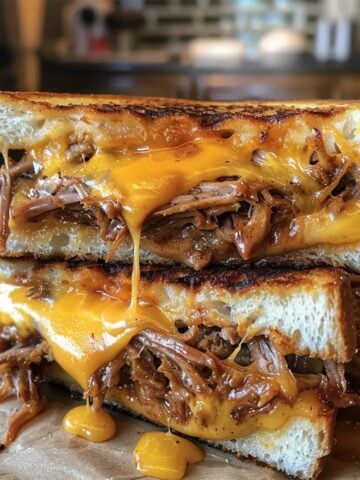
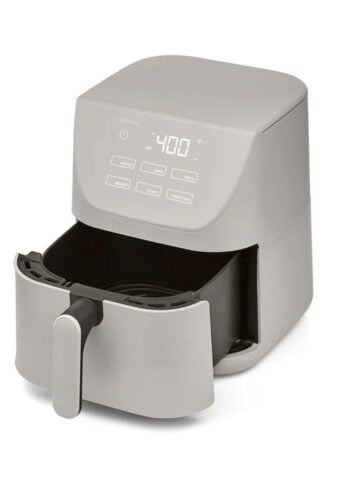
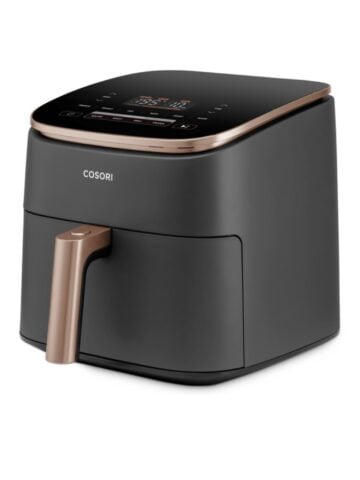
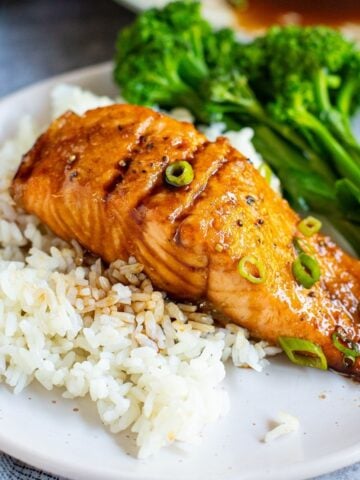
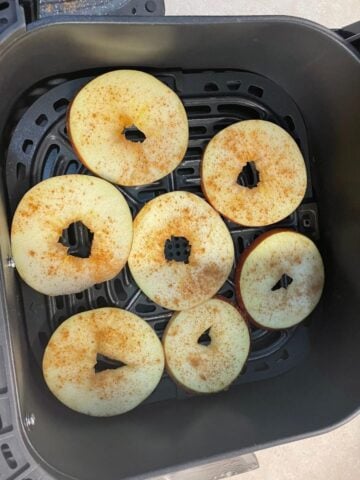
Leave a Reply